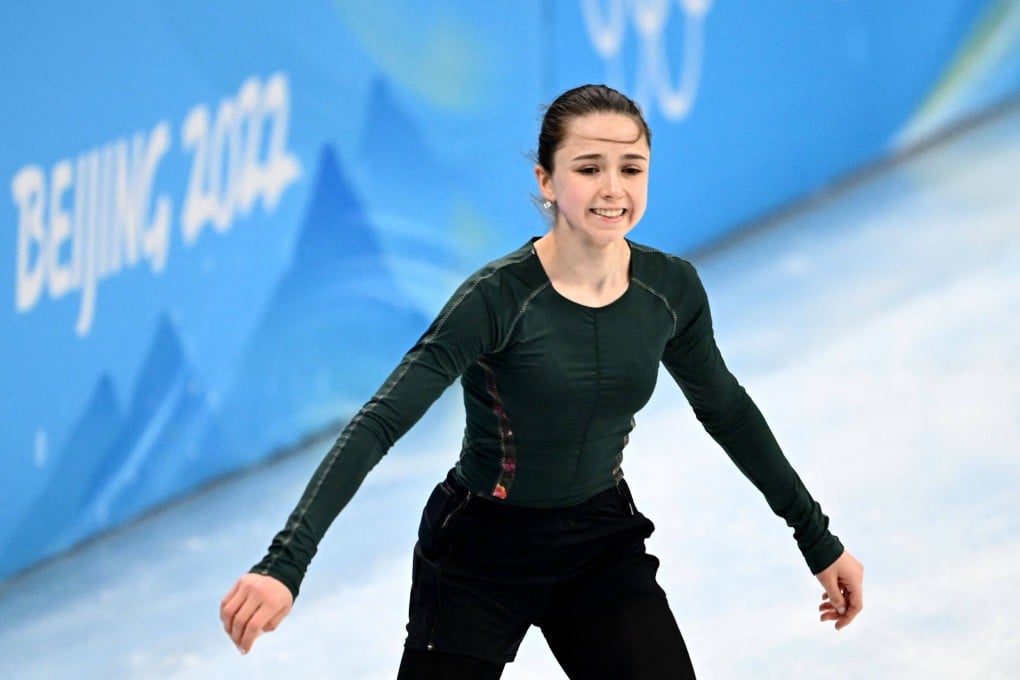Advertisement
Winter Olympics: Kremlin backs Russian figure skater Kamila Valieva, 15, who failed drugs test – ‘don’t hide your face, perform and defeat everybody’
- “We boundlessly and fully support Kamila Valieva and call on everyone to support her,” Kremlin spokesman tells reporters
- Court of Arbitration for Sport to hold urgent hearing over whether team gold medallist can compete in women’s event
Reading Time:2 minutes
Why you can trust SCMP

The Kremlin said on Friday it was fully behind Russian figure skater Kamila Valieva, whose Olympic gold medal hangs in the balance after she failed a doping test.
“We boundlessly and fully support Kamila Valieva and call on everyone to support her,” Kremlin spokesman Dmitry Peskov told reporters.
“And we say to Kamila: don’t hide your face. You are a Russian – perform and defeat everybody,” Peskov added.
Advertisement
He said the Kremlin was encouraging everyone to wait for the results of the investigation and for the International Olympic Committee to make its decision.
“We are convinced that this is some kind of misunderstanding,” Peskov said.
Advertisement
Advertisement
Select Voice
Select Speed
1.00x
